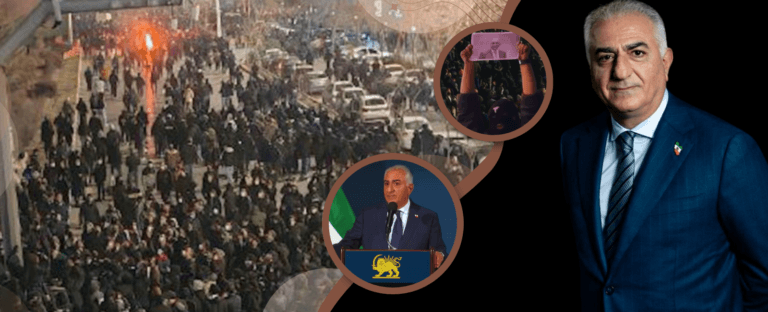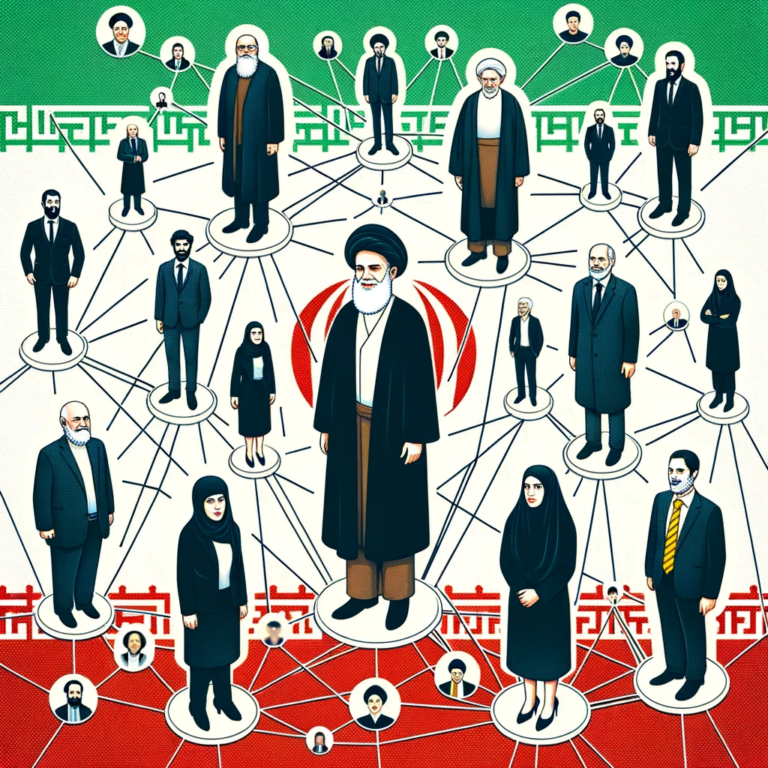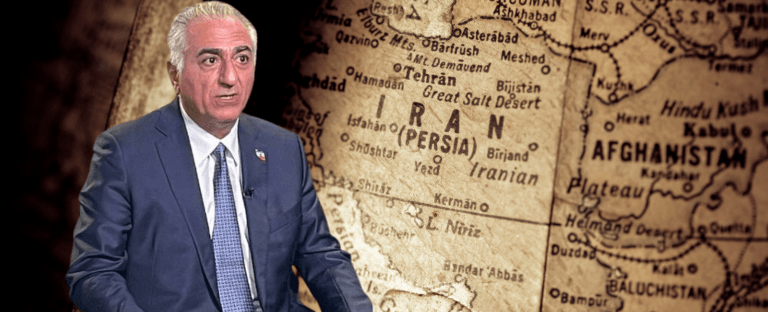The War That Shook the Islamic Republic
Israel’s surprise attack exposed the Islamic Republic’s staggering military vulnerability, eliminating top commanders and penetrating airspace with impunity. The regime’s collapse in air defense and intelligence is not merely operational, it reflects decades of corruption, ideological purges, and systemic decay. As the war unfolds, six scenarios emerge, including revolt and military coup.
In the early hours of June 13, Israel launched a devastating surprise attack deep into the heart of the Islamic Republic. Strikes targeted not only nuclear facilities but also senior figures in the country’s military leadership. Within hours, multiple high-ranking officials were confirmed dead; among them were Mohammad Bagheri (Chief of General Staff of the Armed Forces), Hossein Salami (Commander-in-Chief of the Islamic Revolutionary Guard Corps [IRGC]), Amir Ali Hajizadeh (Commander of the IRGC Aerospace Force), Gholam Ali Rashid (Commander of the IRGC Khatam-al Anbiya Central HQ), and Ali Shamkhani (former Secretary of the Supreme National Security Council).
What began as a precision operation quickly escalated into a full-spectrum demonstration of Israeli air and intelligence dominance. The most astonishing element of this war is not just the precision of the Israeli attacks but the complete absence of any military defense from the Islamic Republic. Israeli jets are operating freely over Iranian territory. Not a single Iranian fighter jet has taken off to intercept them. Anti-aircraft defenses, long touted by the regime as impenetrable, have failed across the board. And we should not be surprised. In a system where billions are siphoned off by elites, it is likely that funds meant for defense and maintenance have been misappropriated — diverted to the personal fortunes of the leadership rather than invested in national security. This is not just a failure of radar or weapon systems; it is the sudden collapse of an entire national security doctrine, hollowed out by corruption.
While the Islamic Republic has since retaliated and inflicted Israeli casualties, the initial shock remains. That the regime’s airspace could be so thoroughly penetrated — and its most senior military officials assassinated in their own command centers and homes — is a strategic humiliation of the highest order.
As the author of this piece has warned in the past, the regime is fundamentally compromised. The effectiveness of the Israeli operation demonstrates clear access to real-time intelligence from inside the Islamic Republic’s highest military circles. This level of infiltration can only occur in a system that is already fractured. Decades of corruption, ideological purges, and internal paranoia reminiscent of Stalinist purges have hollowed out the regime’s counterintelligence capacity. Now, that decay is playing out in full view.
Where does this lead? Several scenarios are now possible:
First, a long, drawn-out tit-for-tat campaign, with each side avoiding full-scale war but slowly escalating.
Second, a major escalation that leaves cities in both Iran and Israel in ruins.
Third, direct U.S. military involvement, especially if forces of the Islamic Republic target American assets in the Persian Gulf or the broader region.
Fourth, a mass revolt inside Iran which overthrows the Islamic regime — fueled by national humiliation, economic despair, and long-standing public anger.
Fifth, a coup from within: military commanders, understanding they cannot withstand sustained Israeli assault, move to depose the clerical leadership in a last-ditch effort to preserve Iran’s territorial integrity and avoid total collapse.
And sixth, international intervention — perhaps led by the United States — that forces both sides into a ceasefire , returning the region to a tense and fragile status quo.
This is not just another conflict in the Middle East. It is a reckoning. The Islamic Republic’s deterrence is shattered, its leadership decapitated, and its people watching — perhaps ready to act.
The war has begun. What comes next may change Iran forever.







